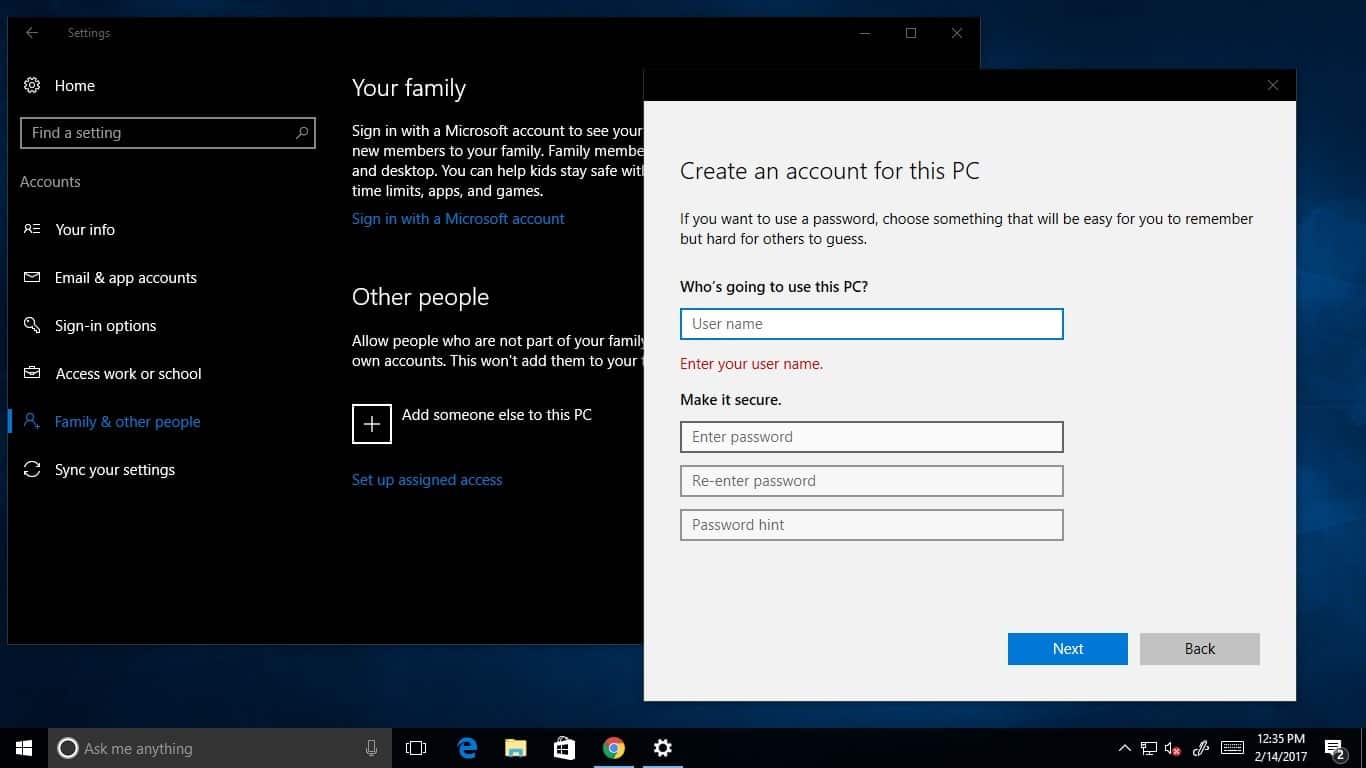
Intune Endpoint Management + Azure AD join, User-driven with a generic account or Self-deploy does not require any credentialsĪlready restricted environment, Security Baselines + Defender for Endpoint can be applied (some breakout methods) Only apps can be used, the Windows platform is not directly accessible + Windows 11 only supports single-app kioskĪutologon, Local user account, Azure AD user or group Provide a corporate or non-corporate non-persistent Windows platform Guest account will be used, that is newly created on each sign-inĬorporate owned single use (COSU), that requires a fully locked down and app-limited experience (perfect for dedicated Kiosk scenarios or digital signage) Single-app: public browsing sessions (intended for users to access the web), Digital/Interactive Signage (InPrivate fullscreen display of site) Windows will have no direct user assignment/affinity and usually non-persistent sessions Solution comparisonīuilt-in feature that restricts the Windows experience to single- or multi-app (Windows 11 currently only supports single-app) Whereas shared PC mode lets you utilize the whole Windows platform, but is thought for shared-/mutli-user devices.


Windows kiosk mode serves an experience that is limited to apps and is completely independent of any user affinity.

Easy management - dedicated or independent workloads/apps can be provided easily without the circumstances of providing a device, access, credentials.

Self-service devices or public terminals/kiosk.These are called single-use, Kiosk or shared device scenarios and in this post we are going to take a look at both of these solutions. At the same time there are some use cases where a limited or restricted app or Windows platform environment is needed. Windows is an open platform that allows users to install applications, customize settings and work on files of several different types.


 0 kommentar(er)
0 kommentar(er)
